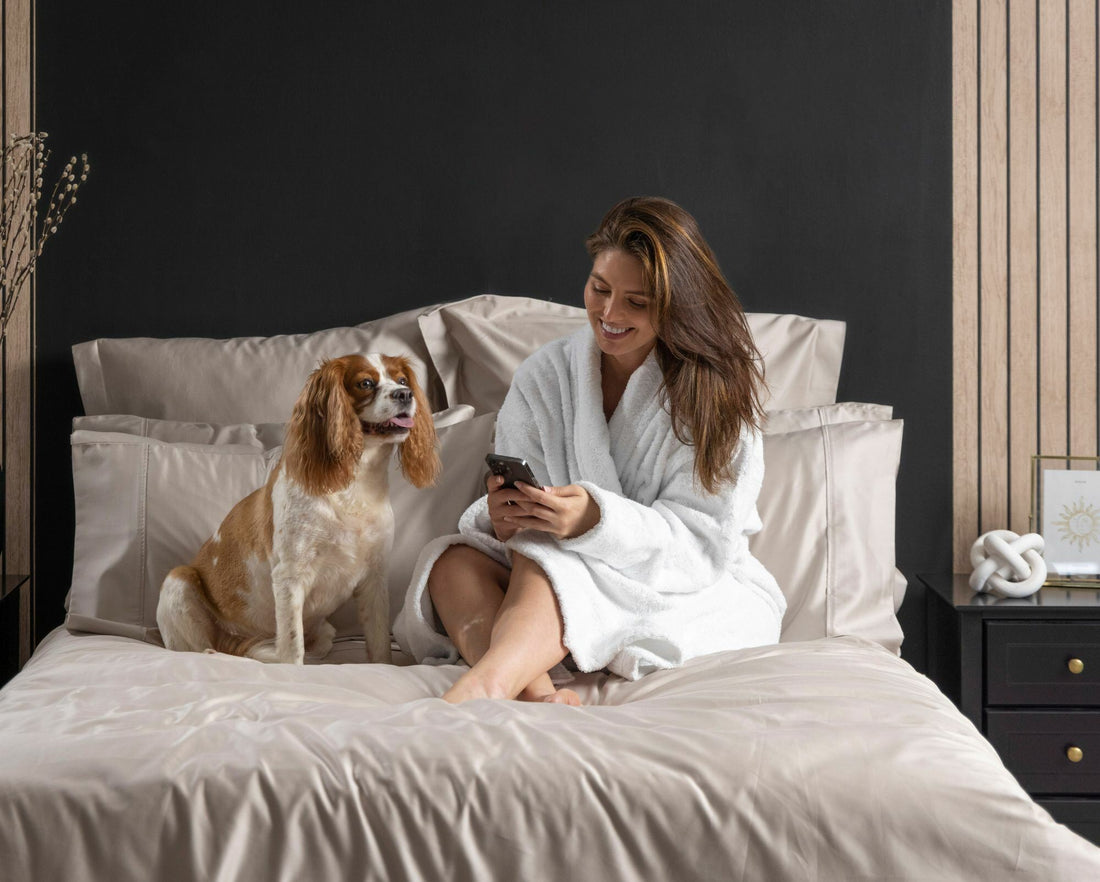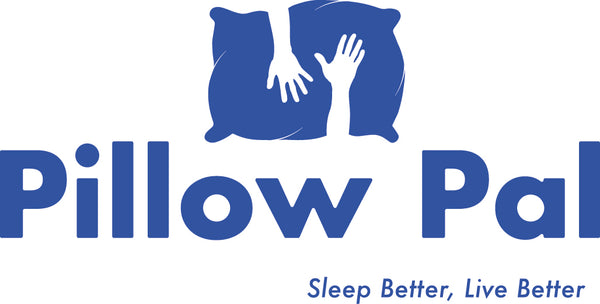
Breathe Easy: The Importance of Anti-Allergy Pillows for a Healthier Sleep
If you’re waking up with a stuffy nose, itchy eyes, or sneezing fits, your pillow might be the hidden culprit. Allergens like dust mites, mould, and pet dander can accumulate in standard pillows, disrupting your sleep and affecting your health. That’s where anti-allergy pillows come in, offering a cleaner, healthier sleep environment.
Here’s why anti-allergy pillows are essential for anyone looking to improve their sleep and overall well-being.
What Are Anti-Allergy Pillows?
Anti-Allergy Pillows are designed to minimize exposure to allergens. They’re typically made with hypoallergenic materials and often feature protective covers that block common irritants. These pillows create a barrier against allergens, keeping them from accumulating inside the pillow over time.
Benefits of Anti-Allergy Pillows
1. Reduce Allergic Reactions
Allergens like dust mites are a common trigger for respiratory issues, skin irritation, and allergies. Anti-allergy pillows are crafted to repel or trap these irritants, helping you sleep without discomfort.
2. Improve Respiratory Health
For individuals with asthma or sinus sensitivities, sleeping on a regular pillow can exacerbate symptoms. Anti-allergy pillows promote cleaner airways and reduce nighttime congestion, leading to better, uninterrupted sleep.
3. Support Better Skin Health
Bacteria and allergens in pillows can lead to skin irritation or acne flare-ups. Anti-allergy pillows, with their hypoallergenic materials, help maintain a cleaner surface, benefiting your skin.
4. Long-Lasting Cleanliness
Unlike standard pillows, anti-allergy pillows are often designed to be machine washable, making it easier to maintain their cleanliness and extend their lifespan.
5. Perfect for Pet Owners
If you share your bed with a furry friend, anti-allergy pillows can help minimize the impact of pet dander on your sleep environment.
Who Should Use Anti-Allergy Pillows?
Anti-allergy pillows are ideal for:
- Allergy Sufferers: Reduce exposure to common triggers like dust mites and mold.
- Asthma Patients: Sleep more comfortably without respiratory irritants.
- Sensitive Sleepers: Enjoy a cleaner sleep environment, free from potential irritants.
- Parents: Protect children, who may be more susceptible to allergens, with hypoallergenic bedding.
How to Choose the Right Anti-Allergy Pillow
- Material Matters: Look for pillows made from hypoallergenic fabrics like microfiber or memory foam. Some also feature antimicrobial properties.
- Protective Covers: Choose pillows with tightly woven covers that act as a barrier against allergens.
- Certifications: Check for OEKO-TEX or CertiPUR-US certifications to ensure the materials are safe and eco-friendly.
- Washability: Select a pillow that’s easy to clean and maintain for long-term hygiene.
Caring for Your Anti-Allergy Pillow
To maximize the benefits of your anti-allergy pillow:
- Wash the pillow cover regularly (every 1-2 weeks).
- Use a pillow protector for an added layer of protection.
- Replace your pillow every 1-2 years to ensure continued effectiveness.
Sleep Health Starts Here
Your pillow isn’t just a sleep accessory—it’s a vital part of your health routine. Investing in an anti-allergy pillow can make a world of difference, offering relief from allergens, better respiratory health, and a more restful night’s sleep.
Ready to wake up refreshed and allergy-free? Explore our range of anti-allergy pillows and find your perfect match today. Your journey to healthier sleep starts here!
